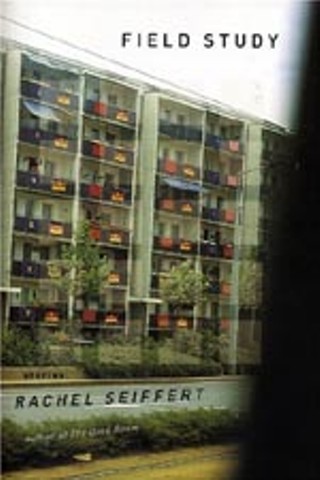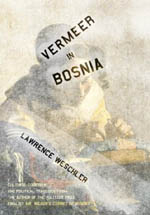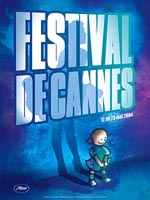Book Review: Readings
Rachel Seiffert
Reviewed by Russell Cobb, Fri., Sept. 24, 2004

Field Study: Stories
by Rachel SeiffertPantheon, 215 pp., $19.95
Seiffert's sparse, airy prose belies a profound concern with individual identity and historical memory. Whether exploring a young girl's first encounter with death through the eyes of a beached seal in "Tentsmuir Sands" or the regrets of a World War II deserter in "Francis John Jones, 1924-," Seiffert forces us to contemplate the regions of human consciousness we would often rather ignore. Not that Seiffert bludgeons her characters – and her readers – with pathos and depravity: Field Study, as the title suggests, is a collection of sketches that take on the tone and mood of an Edward Hopper painting, only set in a borderless, 21st-century Europe.
As a British writer of German parentage living in Berlin, Seiffert is in a unique position to conduct her own field studies of identity-plagued Europeans. Her best stories are ones like "Blue" and "Dimitroff," that locate these lonely, adrift people in a specific time and place. Others, like "The Late Spring," in which a reclusive beekeeper dies after searching in vain for the home of an orphan, have a fable-like quality. I found my eyes glazing over descriptions of the beekeeper's "elderberries, wild garlic, nuts, and mushrooms," although I was fascinated by the fictionalized memoir of the English World War II veteran who abandoned his battalion while on a critical offensive against the Germans in Italy.
Didn't the soldier realize the gravity of German war crimes and feel compelled to stop them? his interlocutor, a Ph.D. student working on an oral history project, asks. "You were there to kill or be killed," Jones responds. "You saw death every day, and that it was random. No reason or pattern: Most died, some didn't."
It's not the most idealistic excuse, but Jones gives us insight into a soldier's mentality rarely expressed in our contemporary gung-ho climate: "If they were going to send him up a hill to die," the narrator glibly states, "he would find a way around it."










